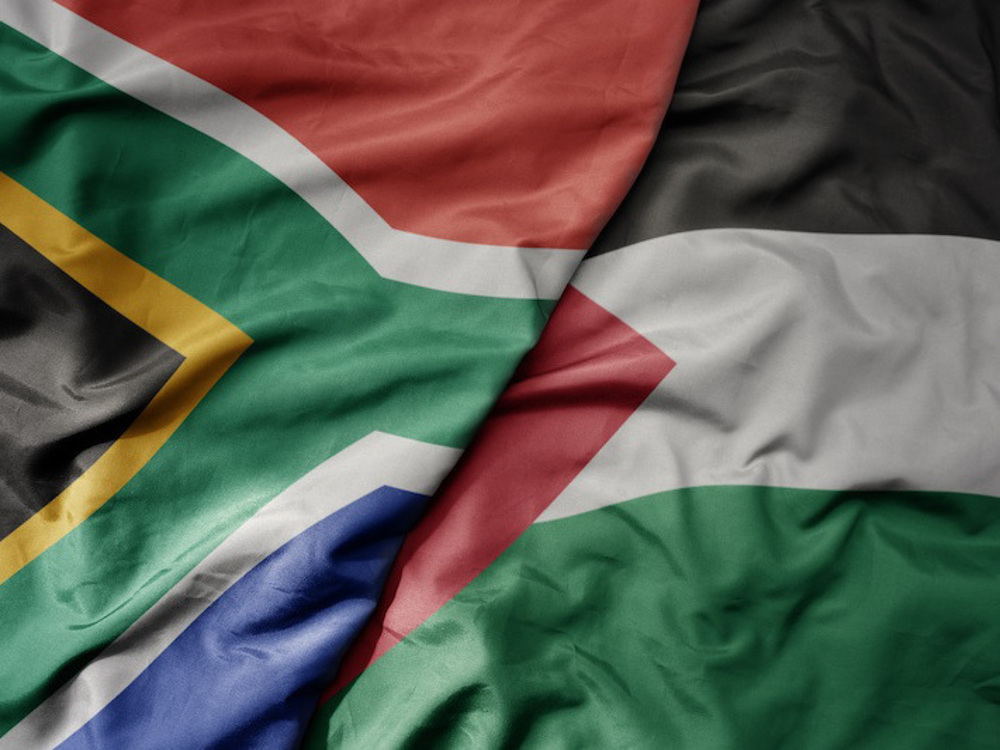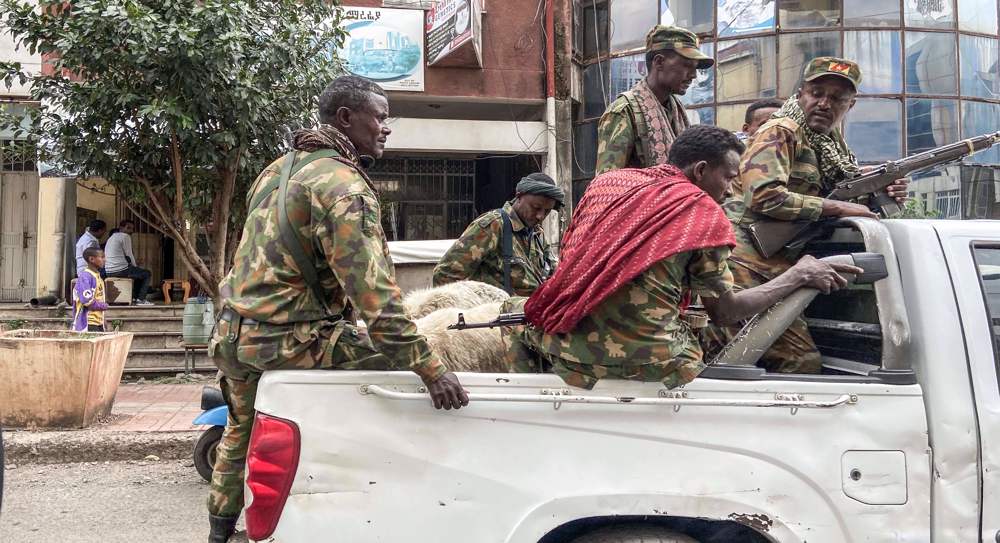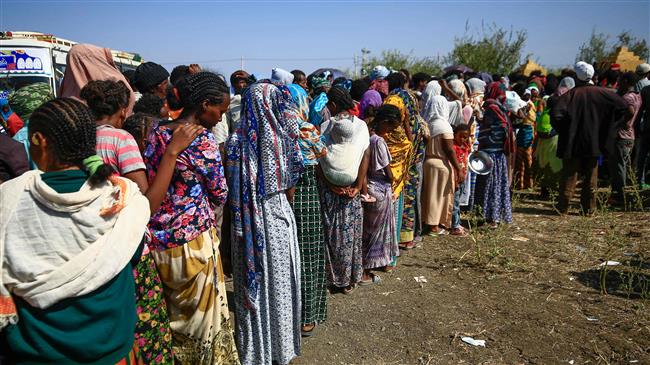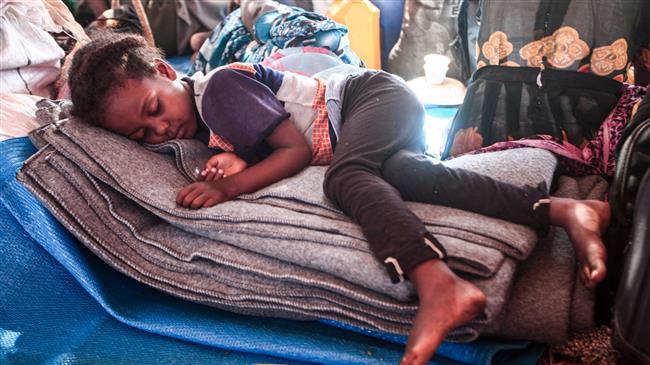UN Security Council to discuss conflict in Ethiopia's north
The United Nations Security Council is set to convene to discuss the conflict in Ethiopia's northern Tigray region for the first time, diplomatic sources say.
The sources said on Monday that the virtual debate would take place on Tuesday and won't be open to the public, AFP reported.
It was not yet clear if a statement would be issued after the meeting.
Ethiopian Prime Minister Abiy Ahmed announced a military offensive against rebels from the Tigray People's Liberation Front (TPLF) in the north on November 4, saying it was in response to assaults by the TPLF on federal troops.
Abiy on Sunday gave the rebels three days to surrender or face the offensive. The rebels dismissed the ultimatum.
Rebels 'completely destroy' army's 21st mechanized division
The Tigrayan rebels claimed in a televised statement on Tuesday that they had 'completely destroyed' the Ethiopian army's 21st mechanized division.
The rebels had claimed a day earlier that they had destroyed a helicopter and a tank belonging to the military.
The fighting has left hundreds dead and forced thousands of Ethiopians to flee across the border into Sudan. The crisis also risks destabilizing the wider Horn of Africa region.
Last week, UN Secretary-General Antonio Guterres called for the opening of humanitarian corridors to assist the civilians caught in the conflict. He said that the Ethiopian authorities had so far rebuffed attempts at mediation.
"We are very worried about the situation in Ethiopia," the UN chief told reporters in New York on Friday, warning of a "dramatic humanitarian impact," including in neighboring Sudan.
"We have been asking for the full respect of international humanitarian law and also for the opening of humanitarian corridors and the truces that might be necessary for humanitarian aid to be delivered," he added.
Number of Ethiopian refugees in Sudan surpasses 45,000: Official
Alsir Khaled, the head of Sudan's refugee agency in the eastern border town of Kassala, says more than 45,000 people have fled Ethiopia since the beginning of the conflict in Tigray.
"At the same time, local issues [relating to housing refugees] continue because of humanitarian organizations' slow work," Russian state news agency Sputnik quoted Khaled as saying on Tuesday.
Iran: US airstrikes on Yemen war crimes, violation of international law
Yemeni armed forces down F-18 fighter jet, repel US-UK attack: Spokesman
Iran warns against US-Israeli plot to weaken Muslims, dominate region
VIDEO | Public uproar in US against Israeli regime
‘Ghost town’: 70% of Jabalia buildings destroyed by Israel
Mother’s Day: Sareh Javanmardi’s inspiring journey as Paralympic champion and mother
Russia downs over 40 Ukrainian drones as Putin vows 'destruction' on Kiev
VIDEO | Yemen: A bone in Israeli neck















 This makes it easy to access the Press TV website
This makes it easy to access the Press TV website